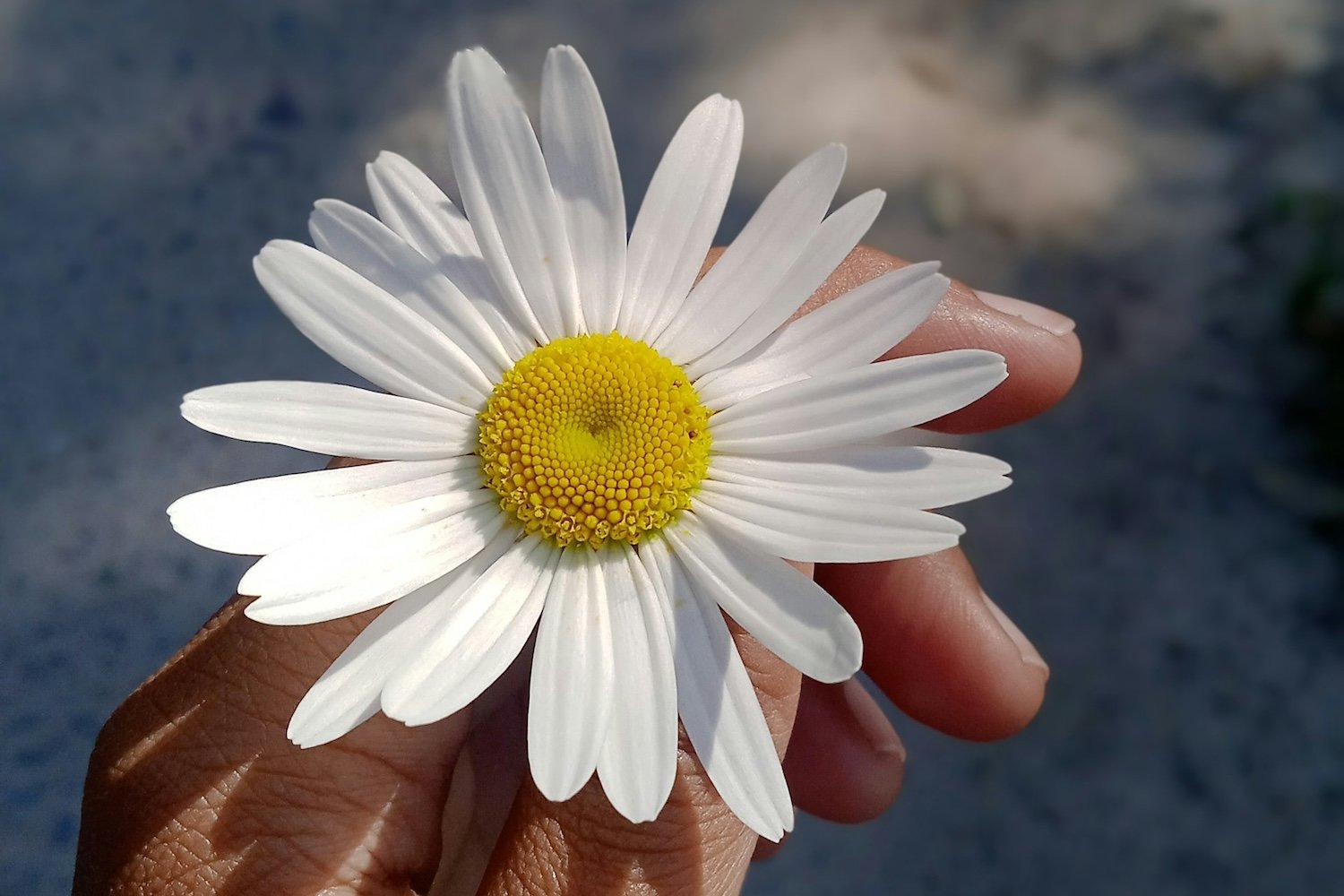First, the calamity
We’re on a very bad path in the US at the moment. Many of you live in the US, as I do, although many of you don’t. However, as they say, “If America sneezes the rest of the world catches cold.” What happens here affects the entire world. Many people outside the US are concerned, worried, or despondent. In some cases they are seeing the rise of politicians and voters inspired by what’s happening here.
I’m not going to detail the calamity. Let’s just mention that it’s not normal to have masked men grabbing people from the streets, from hospitals, from courtrooms, and government offices, while refusing to show ID or provide warrants. It’s not normal for the government to be sending people abroad to concentration camps where they are tortured and have no hope of ever being set free. It’s not normal for the highest court in the land to allow this to happen.
What is happening is not normal. It’s a calamity. It’s the collapse of democratic norms. Usually we’d rely on elections to get us out of a calamity caused by government action. But much of what is going on right now is illegal, and governments that commit crimes are not generally open to being removed from power, because then they might end up in prison.
Things are grim, and the grimmest part is that this has only just begun. It’s pretty much guaranteed that there is much worse to come.
On top of this, we all have our individual difficulties to deal with: an aging spouse, a messy divorce, struggling to make ends meet, uncertainties about our health, and so on.
It’s a lot to deal with.
Next, the gratitude
I’m not suggesting that gratitude is going to overthrow an authoritarian regime, stop masked men from kidnapping people off the streets, or restore democracy. But I do suggest that it can help us stay more emotionally balanced while bad things happen.
The worst things we can do are to become hopeless and despondent, thinking that things can never get better. We need optimism — the positive optimism of confidence, not the toxic optimism of just assuming things aren’t really that bad and that even worse things won’t happen. We need faith that there are things worth fighting for.
There are people who want us to feel afraid, traumatized, and hopeless, because it makes it easier for them to accomplish the evil acts they’re set on. Finding joy and optimism is an act of resistance. Creating emotional resilience is an act of resistance.
As an image someone recently shared in the Wildmind community says, “If you ever feel heavy because you care deeply about injustice, suffering, and ecological destruction, remember that a trillion dollar propaganda machine was built to make you numb, and it didn’t work on you.”
The same is true regarding the destruction of democracy and the rule of law.
Gratitude helps.
Even in normal times, our minds have a tendency to focus on the things that we don’t like — things that are going wrong, or aren’t going the way we would like them to go, people that annoy us, events that disappoint us, and so on. We also have a tendency to take good things for granted, forgetting that most things in our lives are actually going well. These tendencies are inherent, and evolutionary psychologists say they’ve been useful for our species’ survival by helping us to avoid danger. But in modern times our main problem is usually not avoiding dangers. It’s learning to be at ease, to be happy, and to create and sustain loving connections with others.
Gratitude gives us a break from obsessing about the things that are going wrong, and turns our attention to the things that are going right. I have a practice of sitting down every morning and writing down five things (at least) that I’m grateful for. They’re often small things. This morning I shared my gratitude for learning from a kind and wise man in my dreams, text messages from my teenage son, an injury that’s healing (and another that at least is not getting worse), and the joy that has come from simplifying my possessions and making sure that the things I own have homes.
The secret, I find, is to avoid rattling through these things in a rote fashion, but to dwell on each one. I describe this as “holding each one in my heart until I feel the goodness of it.” In other words, I take something that’s good in my life, and I think about it for a little while. I might just let it lie in my mind. Or I might imagine what life would be like without it. Usually after just a few seconds I begin to feel a warm glow of joy. That’s what I call “feeling the goodness.”
This is the opposite of taking good things for granted. It’s the opposite of dwelling on the negative. And it has the opposite effect of those things. It uplifts me rather than dragging me down. It gives me joy rather than leaving me feeling disgruntled and critical.
Another secret is not to see my morning gratitude practice as the be-all-and-end-all of gratitude. It’s a gentle reminder at the start of the day of the direction I want my mind to move in. I want to be more appreciative. I want to take joy in life’s little things. And so I remind myself to keep returning to gratefulness throughout the day.
Every so often I’ll just pause and appreciate little things, like the way the leaves are blowing in the wind, or that sewers exist, or that there are shops just down the road where I can buy the food I need. This brings joy to life. It changes the very structure of the brain. It changes who we are.
(Feel free to join me and the others here who regularly share what they’re grateful for.)
We need joy and gratitude in order to get through these difficult times.
Rebecca Solnit Points out that beneath our anger is love: “You are angry the children are being bombed or the forest is being cleared because you care about them, so it’s not the feelings about the forces of destruction that is primary. It’s the love, and not losing sight of that is crucial.”
If we’re just angry, we’re playing a similar game to the authoritarian, who is angry and hateful about almost everything. We need to see what’s good and stay in touch with it. This takes practice.
Arash Javanbakht, a psychiatrist and a neuroscientist at Wayne State University, says “When you’re afraid, all you’re thinking about is what you’re afraid of.” He also points out that we need to balance the bad things we’re hearing by focusing on the good — even simple things like science, the arts, and sports.
There will be a time when this is all over. Maybe they won’t rig the elections enough. Maybe there will be a massive, non-violent uprising. In the meantime:
- In a time of lies, appreciate truth.
- In a time of division, be grateful for connection.
- In a time of denunciation, recognize and celebrate the good in others.
- And most of all, in a time of hatred, be grateful that love persists. Show it to others. Give them support and encouragement.
As the lawyer and commentator Joyce Vance likes to sign off, “We’re in this together.”

Wildmind is a Community-Supported Meditation Initiative. The post above is an abbreviated version of one written for the community. Click here to find out about the many benefits of being a sponsor.
Publisher: Source link






